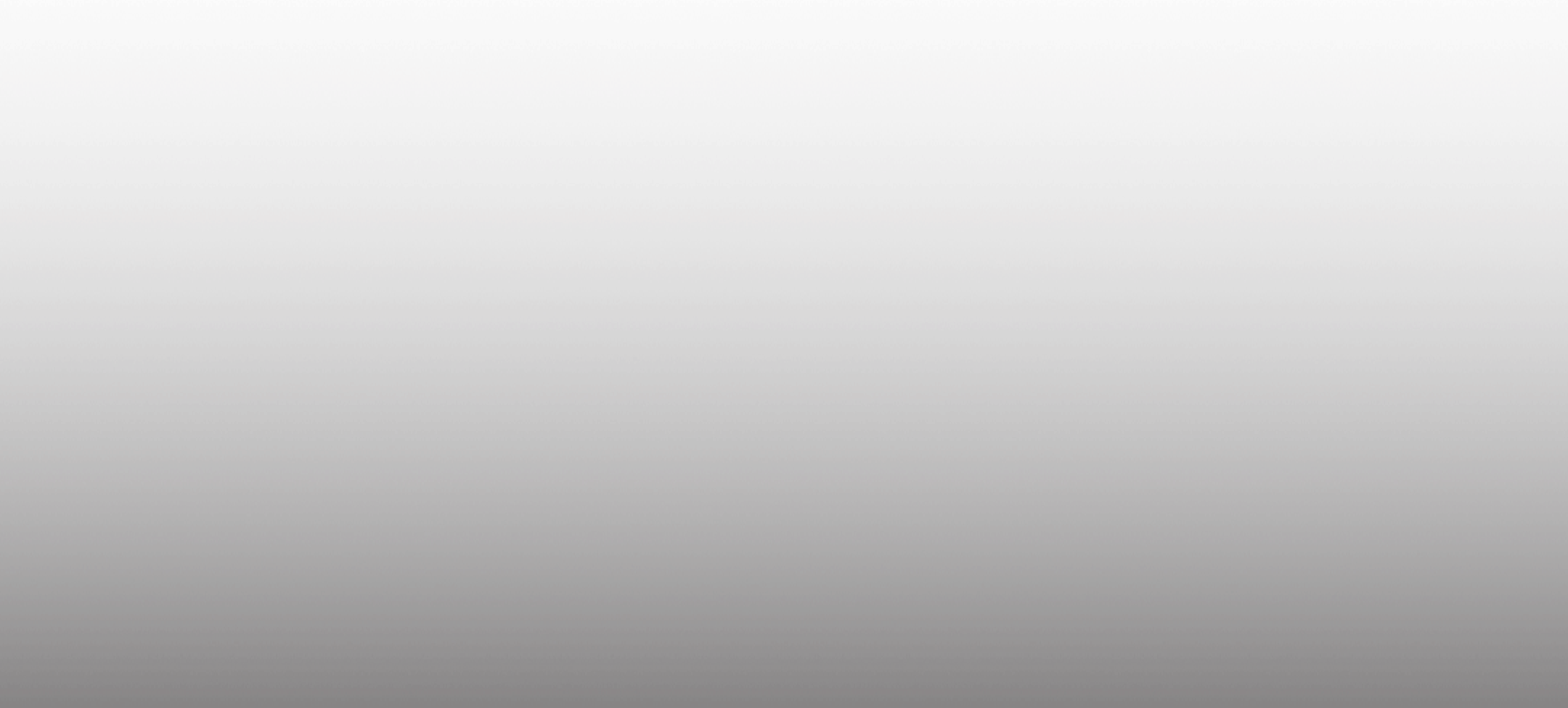Cook County Circuit Court Finds Illinois Prejudgment Interest Statute Unconstitutional
Jennifer Hyland v. Advocate Health and Hospitals Corporation d/b/a Advocate Good Samaritan Hospital, et al (Cook County Circuit Court Case No: 2017-L-003541)
A circuit court memorandum order, entered by Cook County Judge Marcia Maras on May 27, 2022, held Illinois’ prejudgment interest statute (735 ILCS 5/2-1303) unconstitutional for infringing upon a defendant’s right to a jury trial and violating the prohibition against special legislation. In her ruling, Judge Maras declares the amendments to section 2-1303 invalid less than a year after the effective date (July 1, 2021) of Public Act 102-0006, the controversial legislation signed into law as SB 72.
Public Act 102-0006 (Illinois Prejudgment Interest Statute)
Public Act 102-0006 (“the Act”) provides for the recovery of prejudgment interest in all tort actions seeking damages for personal injury or wrongful death caused by negligence, willful and wanton misconduct, intentional conduct, or strict liability. Under the Act’s prejudgment interest scheme, plaintiffs collect interest from defendants for most tort damages at a rate of 6 percent per year for up to five years after July 1, 2021, or the date the action is filed, whichever comes later. The law also exempts government entities from paying any prejudgment interest and limits the amount of prejudgment interest recoverable by the plaintiff if the defendant’s highest settlement offer within the past year exceeds the jury’s verdict. Before SB 72 took effect, prejudgment interest was not recoverable unless provided for by contract, authorized by statute, or justified by equitable principles.
Case Analysis: Hyland v. Advocate Health
The matter before the court, Hyland v. Advocate Health, involved allegations of negligence arising out of the births of twins (one child did not survive) born premature due to the hospital’s administration of a medication during labor. Filed in Cook County on April 7, 2017, Hyland represents a consolidation of similar cases pending in Cook County Circuit prior the Act’s date of enactment.
After July 1, 2021, the trigger point for application of prejudgment interest, the Hyland defendants filed a motion to strike down the constitutionality of SB 72 claiming that it violated five provisions of the Illinois Constitution. However, the court did not discuss three of the theories raised by the defendants: 1) the statute violated constitutional separation of powers, 2) the constitutional requirement that the bill must be read three times by each chamber of the General Assembly, and 3) the constitutional requirement that the bill concern a single issue.
Ripeness
Alluding to the Act’s retrospective operation, in that it imposes new results in respect of a past event, Judge Maras first discussed the ripeness of the defendants’ constitutional challenge. She concluded that by assessing prejudgment interest prior to a judgment, the Act imposes a cognizable hardship upon the defendants, warranting judicial relief under the justiciability doctrine and Illinois Supreme Court case law. See Best v. Taylor Machine Works, 179 Ill. 2d 367, 383-84 (1997) (the ripeness of a constitutional challenge depends in part of the potential for a ruling to control future litigation in similar cases).
The Act violates the fundamental right to a jury trial guaranteed to defendants under Article 1, Section 13 of the Illinois Constitution.
The defendants first argued that the law violates their rights to jury trials. Judge Maras agreed. To support this determination, she explained that the Act’s assessment of a fixed interest rate post-judgment replaces the determination of damages from the province of the jury with a mandated prejudgment interest award. Such a requirement, Judge Maras reasoned, interferes with the jury’s authority to calculate damages in violation of a defendant’s right to a jury trial. Judge Maras also referenced the articles and studies that the defendants introduced as persuasive authority to support their position that jury awards already include interest for damages incurred between the date of injury and rendering of a verdict.
The Act violates the Illinois Constitution’s prohibition against special legislation under Article 4, Section 13.
The defendants based their second challenge on the Illinois state constitution’s ban on special legislation. Persuaded by this theory as well, Judge Maras found the Act unfairly prejudicial against certain defendants, improperly beneficial to a certain class of plaintiffs, and not rationally related to any state interest. In making these determinations, Judge Maras addressed the provision in the Act that limits the availability of prejudgment interest awards to plaintiffs seeking wrongful death or personal injury damages, but not other types of damages. As a result, the Act imposes a discriminatory penalty on defendants by encouraging delay tactics, coercing settlement, and pressuring a specific group of defendants to accept higher settlement values. For these reasons, the law unfairly and arbitrarily favors personal injury and wrongful death plaintiffs in violation of prohibition against special legislation under the state constitution.
Conclusion
Hyland, a non-final judgment entered at the trial court level, has no statewide application and is subject to a direct appeal under Illinois Supreme Court Rule 302(a)(1). Thus, while the implications this decision have yet to be seen, the decision might be the precursor to a more definitive ruling from the state supreme court on the constitutionality of SB 72. In the meantime, defendants in individual cases should move to strike any request for prejudgment interest in the complaint and file an affirmative defense citing the unconstitutionality of Illinois’ prejudgment interest statute under Hyland.
